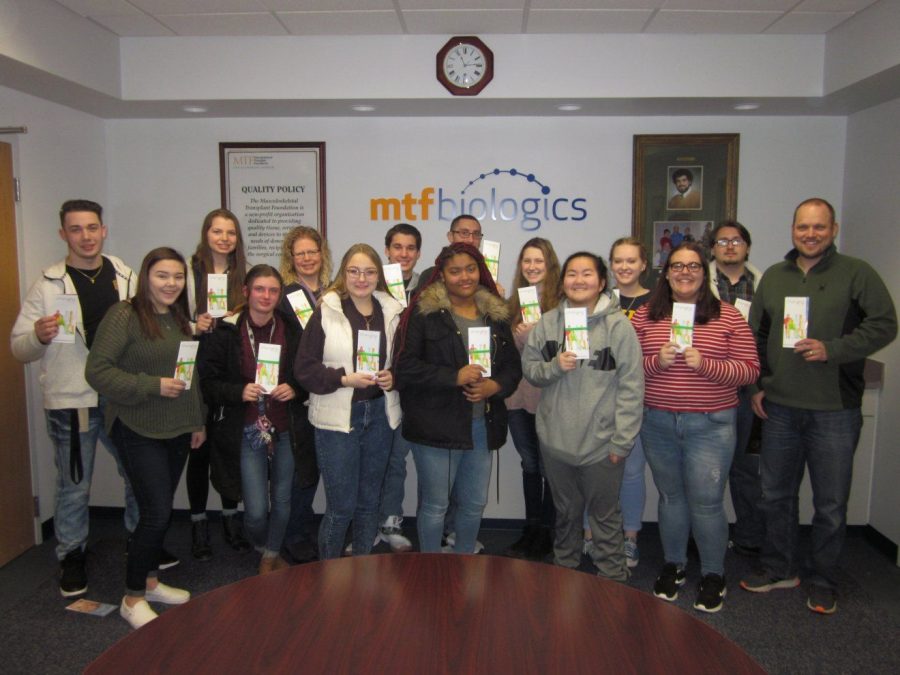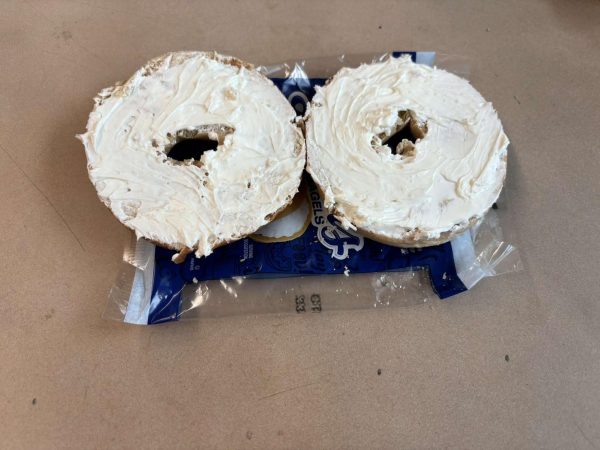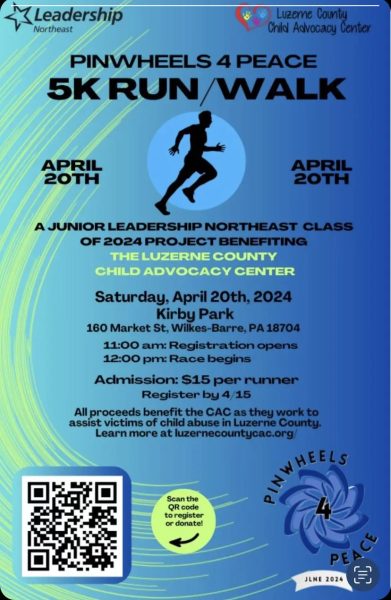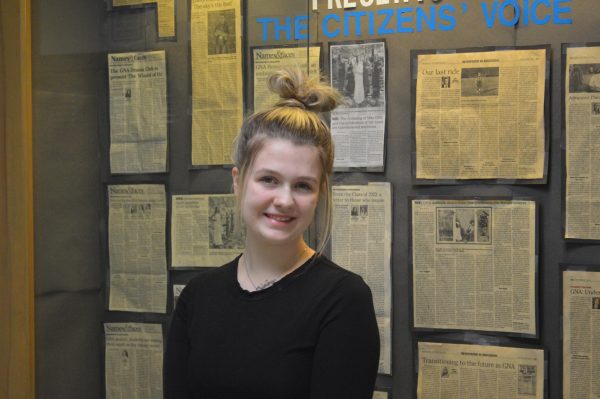AP biology and career exploration students visit MTF Biologics
On March 7, Mr. Prushinski, GNA’s AP Biology teacher, and Mrs. Pray, GNA’s YES, or career, teacher, escorted interested students to MTF Biologics’ Jessup location, where they were able to explore bone and tendon donation services.

Cancellous blocks, or “croutons.”
MTF Biologics, part of the Musculoskeletal Transplant Foundation, is a non-profit organization dedicated to providing those in need with allograft tissue supplied by their donors. MTF processes various types of tissues from skin to bone, with bone and tendons being processed at their Jessup location. Students were able to examine and even touch packaged bone products such as femurs, cancellous blocks, also called “croutons” by employees due to their rectangular, airy appearance, as well as tendon products such as Achilles tendons, shoelace tendons, which are used to make ACL replacements, and patellar tendons.
Students also learned about the process of donating organs—all while being able to watch professionals work with the bone and tendon grafts through windows. Donor grafts must be received within 72 hours after the donor has passed away; this distinguishes tissue donation from organ donation. Organs must be removed while the donor is still alive, but brain activity must cease beforehand. It may take months for tissues to be processed as experts comb through the donor’s medical history and receive all consent forms and information from the family. If the donor’s body is to be displayed at their wake, PVC pipes are inserted in place of bones. Any muscles which are removed are replaced with thick paper towels. If the donor is to wear short sleeves, donations—”gifts,” as they are colloquially known—will only be taken from above the elbow. If the donor is to be cremated, wooden rods are inserted in place of bones.
Donors are typically between 18 and 60 years old, but this is subject to change as the demand for grafts becomes more and more prevalent. In special cases, gifts can be taken from children under 18. Their youngest donor was 8 years old.
Students also learned about job opportunities and requirements, most being a high school diploma and a work record, within the facility.
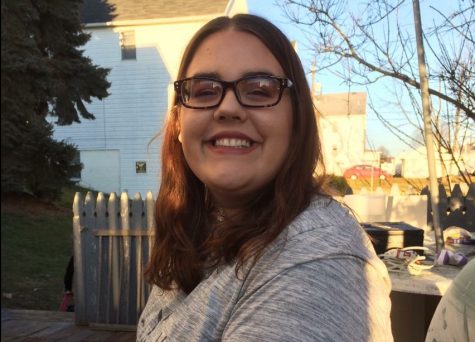
My name is Harley LaRue, and I am currently a senior. This is my third year working for The GNA Insider.
I moved to GNA at the end of the 9th grade...



